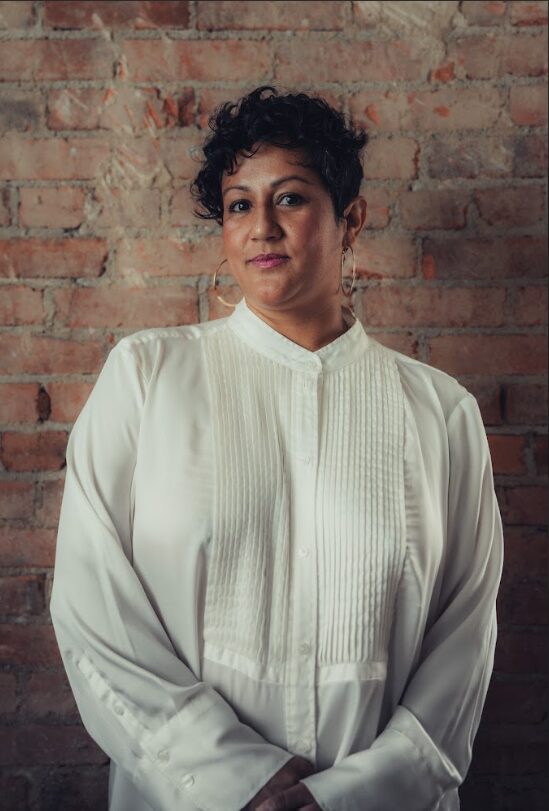

Today we’d like to introduce you to Ma. Soledad Bautista Mariscal.
Hi Ma. Soledad, so excited to have you on the platform. So before we get into questions about your work-life, maybe you can bring our readers up to speed on your story and how you got to where you are today?
I often describe my journey as one of weaving creativity, leadership, and advocacy into every space I’ve entered. I began my career with a foundation in psychology and human development, which gave me both a fascination with how people heal and grow, and the tools to support that process. Over time, I realized that my real calling was not only in one-on-one impact but in creating platforms—through culture, storytelling, and design—where entire communities could thrive.
That’s what led me into the arts, culture, and film industries. I moved to Waco, Texas, to take on what was truly a dream role with Creative Waco, helping grow the city’s cultural life and elevating the voices of artists who often didn’t have the infrastructure or support they needed. Later, as a producer, I continued building on that work by bringing powerful, untold stories to the screen. One of the projects I’m most proud of, *The Heart of Texas*, received not only critical recognition but also a Texas State Resolution for the way it inspired dialogue about whose dreams are valued in our society.
At the same time, I’ve built my own consulting and coaching practice, where I integrate design thinking, neuroscience, and trauma-informed approaches like EMDR. My work is about guiding leaders, boards, and organizations to unlock creativity, navigate conflict, and step into more authentic, resilient ways of leading.
I think Gregory Kasunich captured it best in his recommendation when he said I bring a rare mix of intellect, empathy, and magic. I see myself as a connector and an advocate—someone who helps others see possibilities they may not have imagined and then walks alongside them to make those possibilities real.
And that’s really the throughline of my story: no matter the role—whether producing films, facilitating leadership retreats, or advocating for equity in the arts—I’ve been guided by a commitment to creating spaces where people can dream bigger, heal deeper, and step into their fullest potential.
I’m sure it wasn’t obstacle-free, but would you say the journey has been fairly smooth so far?
It definitely hasn’t been a smooth road—and in many ways, that’s been the most important part of my journey. I’ve faced the kinds of challenges that come when you are building a path that doesn’t exist yet.
Early on, one of my struggles was navigating spaces where resources, infrastructure, or representation were lacking. For example, working in arts and culture, I saw firsthand how Latino and Spanish-speaking artists were often rehearsing in parks or borrowing spaces because funding and systems weren’t designed with them in mind. Advocating for equity in those environments was both challenging and necessary—it taught me persistence, diplomacy, and how to bring diverse voices to the table even when it wasn’t easy.
Another challenge has been deeply personal: choosing to step away from the traditional, “safe” career paths to build my own business, and trusting that my blend of psychology, neuroscience, and creativity could truly sustain both me and the people I serve. There were doubts—my own and from others—and plenty of moments where I had to rely on conviction rather than certainty.
But what I’ve learned is that obstacles often point to where the greatest opportunities for impact lie. The struggles shaped me into someone who isn’t afraid to bridge worlds that don’t usually meet—arts and business, healing and leadership, storytelling and strategy. And each challenge deepened my ability to guide others through their own moments of uncertainty, change, or reinvention.
So no, it hasn’t been smooth—but it’s been meaningful. And I wouldn’t trade those challenges, because they gave me the resilience, empathy, and creativity that define the work I do today.
Thanks – so what else should our readers know about your work and what you’re currently focused on?
At the heart of my work, I specialize in helping people and organizations unlock potential they didn’t know they had. I do this through three main pathways: creative production, leadership facilitation, and coaching or mentoring rooted in neuroscience and trauma-informed practices.
As an actor and as a producer, I’m drawn to stories that inspire social impact. My film projects, like When you Clean a Stranger’s Home and The Heart of Texas, aren’t just entertainment — they’re catalysts for dialogue about equity, belonging, and who gets or ‘deserves’ the right to dream. And like I mentioned earlier The Heart of Texas receiving a Texas State Resolution was meaningful because it showed that storytelling can reach beyond the screen and into civic recognition.
In my consulting and facilitation work, I partner with boards, leaders, and teams to reimagine the way they show up. I use design thinking, EMDR-informed tools, and creativity to help them move from “what’s expected” to what’s truly possible. What sets me apart is that I don’t just bring strategy — I bring a combination of intellect, empathy, and imagination that helps people feel safe enough to take risks and inspired enough to act.
I think I’m best known as a connector — someone who bridges worlds that don’t always intersect art and business, healing and leadership, culture and community. I’m proud that whether I’m in a boardroom, a film set, or a community meeting, people leave with more clarity, more courage, and more belief in what’s possible.
What sets me apart is that my work is never just transactional — it’s transformational. My background in psychology, my upbringing in Guadalajara, my creative instincts, and my commitment to advocacy allow me to see both the human and the systemic layers of any challenge. That means I can help people not only solve problems but also reimagine the story they’re telling about themselves and their future.
We’d be interested to hear your thoughts on luck and what role, if any, you feel it’s played for you?
I see luck as the unexpected teacher in my journey. There have been moments of what looked like “bad luck” — doors closing, opportunities falling through, or timing not working in my favor. At first, those moments felt like setbacks. But in hindsight, they often redirected me toward something far more aligned with my purpose. For example, choosing not to take the traditional “safe” path in my career might have looked risky or even unlucky at the time, but it created space for me to build my own business and step into work that feels deeply authentic.
On the other hand, I’ve experienced what I’d call “good luck” — but I see it as being prepared when opportunity arrives. Receiving a Texas State Resolution for my film The Heart of Texas was an incredible honor, but it wasn’t random. It was years of persistence, advocacy, and creative risk-taking meeting the right moment of recognition.
So for me, luck — good or bad — has played the role of catalyst. It’s never been the whole story, but it has nudged me toward resilience, creativity, and faith. I believe luck shows up for all of us, but what sets the path is how we respond to it: with openness, with persistence, and with the courage to turn chance into change.
Pricing:
- Individual Therapy Sessions
- Inspirational Public Speaking
- Workshops
- Facilitator
- Mentoring Membership
Contact Info:
- Website: https://solbautista.com
- Instagram: https://www.instagram.com/solbautista8/
- Facebook: https://www.facebook.com/soledad.bautista.562/
- LinkedIn: https://www.linkedin.com/in/solbautista/
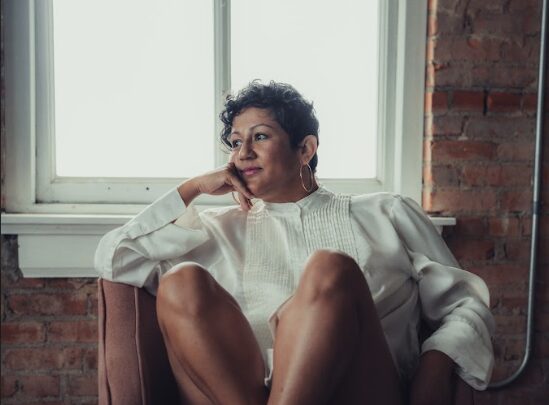
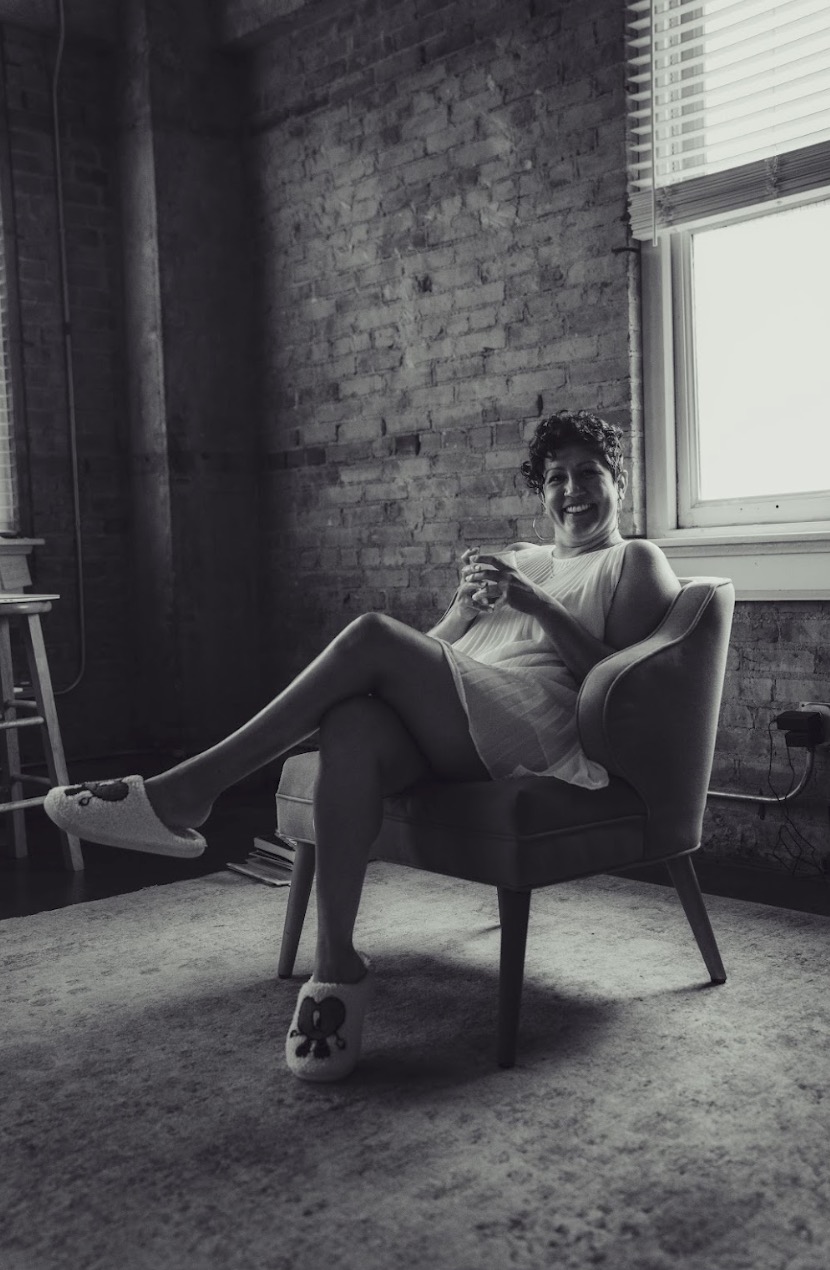
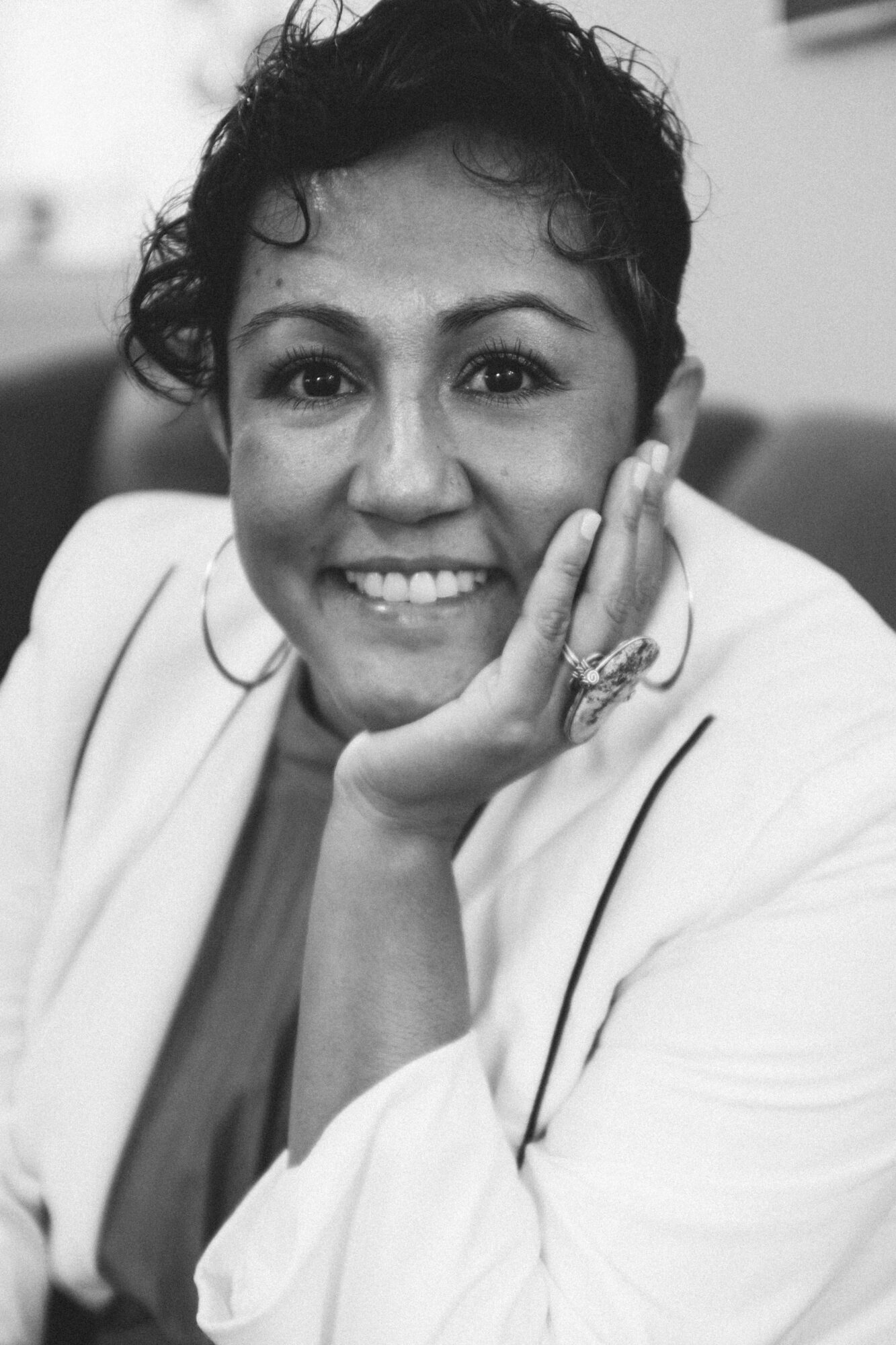
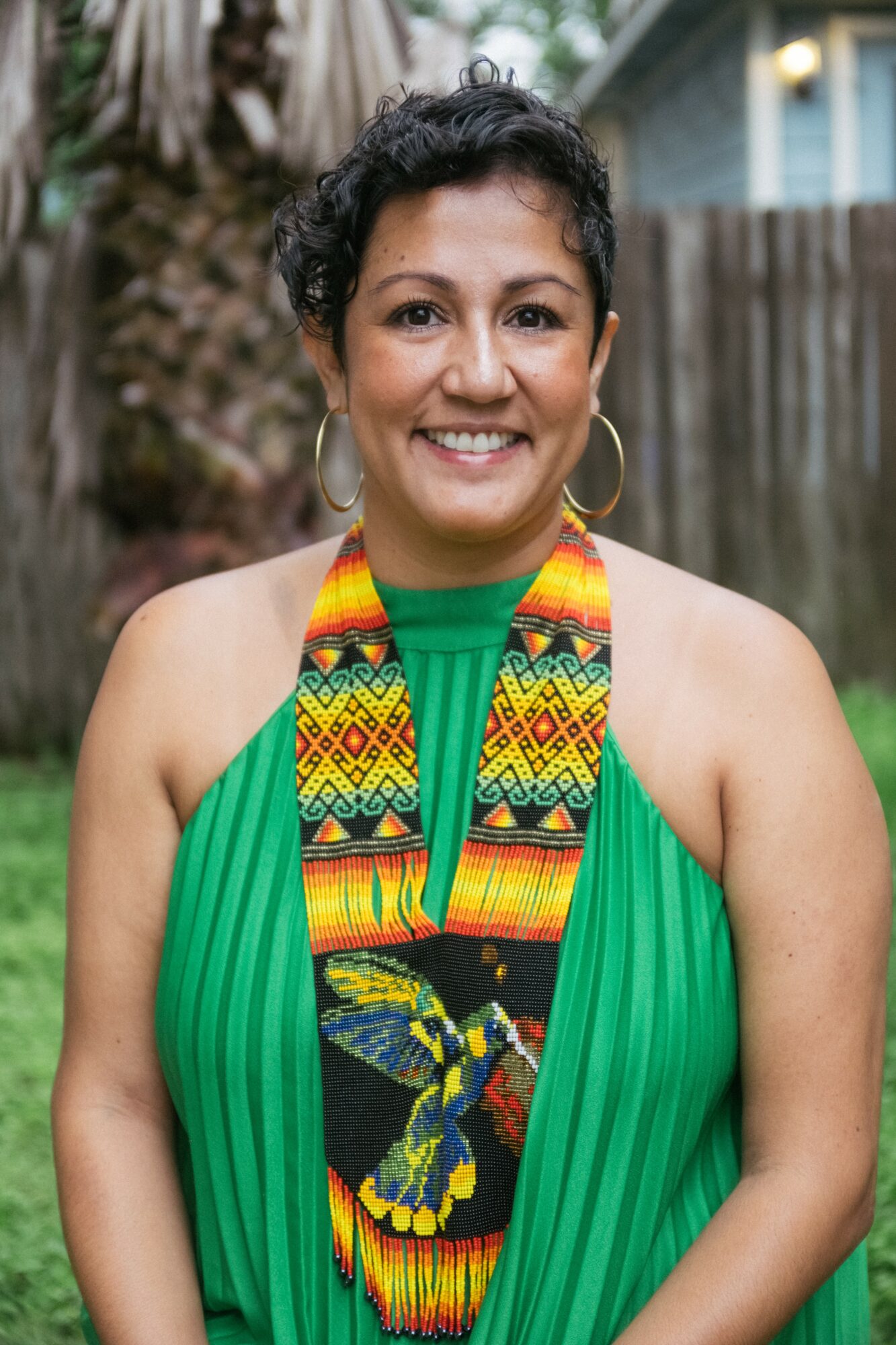
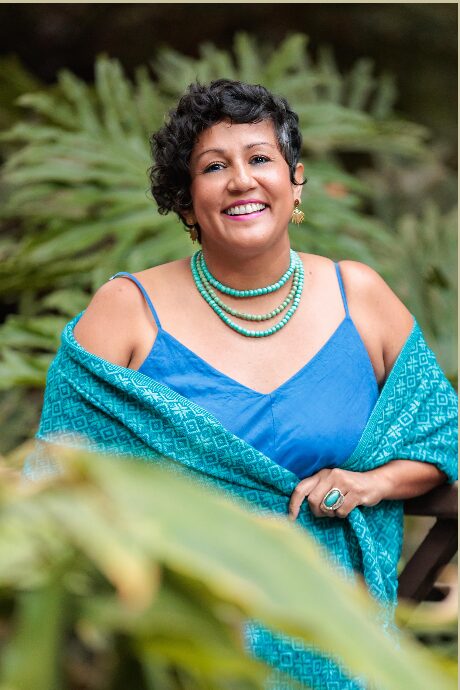
Image Credits
Judith Baños Lamec Rosas Holger Nitschke













